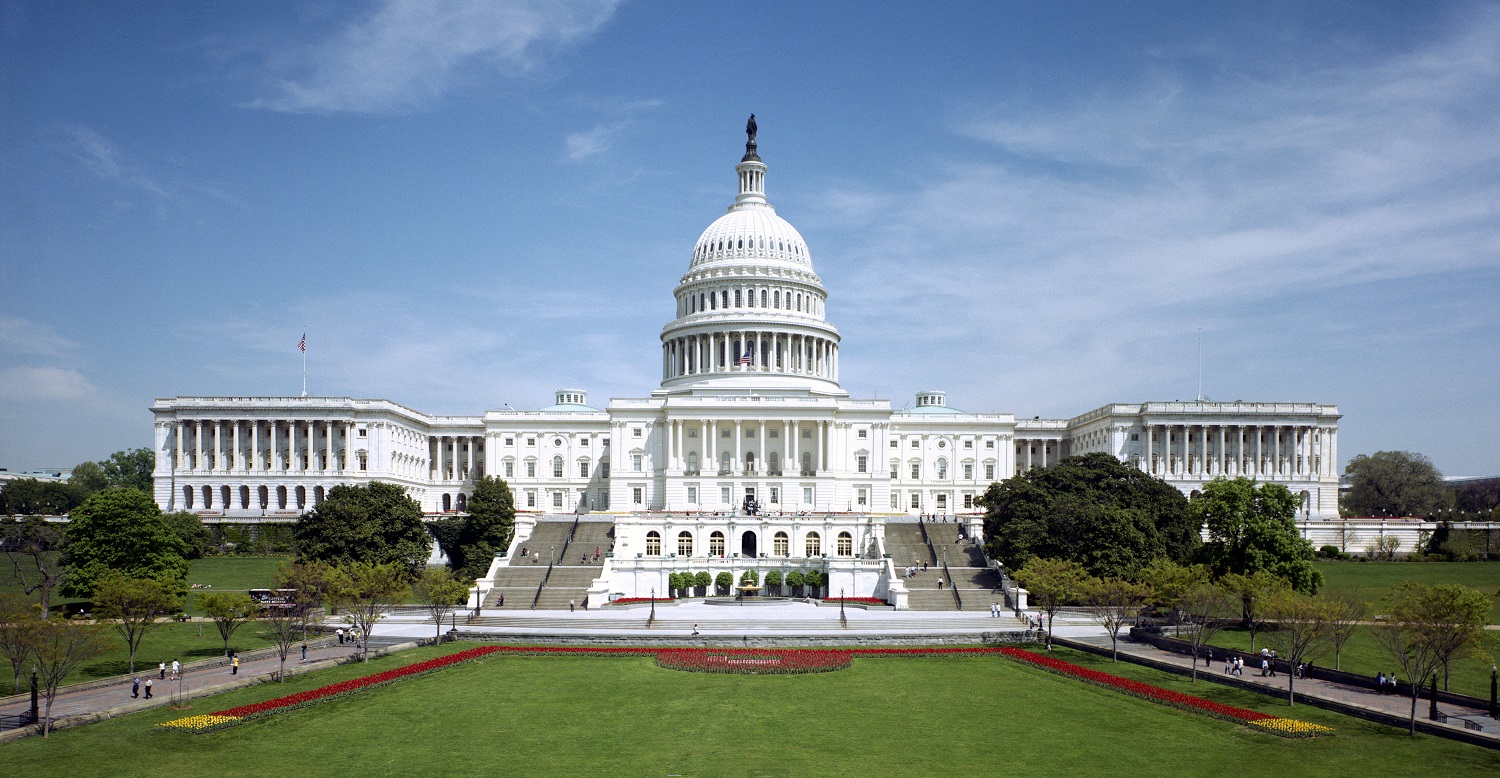The U.S. nuclear industry is facing stiff competition from cheap natural gas generated by the fracking boom. Several nuclear power plants have already been shut down prematurely because they could not compete. Half a dozen more plants may have to be shut down prematurely in the next five years for the same reason.
The U.S. nuclear industry has been lobbying for assistance from the U.S. government to allow them to keep operating nuclear power plants which are not competitive with other forms of energy generation. The House of Representatives has just passed a bill to assist the nuclear industry by extending tax credits for nuclear power plants. The bill had thirty two co-sponsors and passed quickly with a voice vote.
Currently, new nuclear plants receive a 1.8-cent-per-kilowatt-hour tax credit if they are placed into service by the end of 2020. In order to incentivize the construction of new nuclear power plants, the new legislation removes the 2020 deadline for the tax credit. The bill also gives the tax credit to government owned utilities and non-profit electric co-ops. These entities can transfer these tax credits to other partners on nuclear projects. This bill is views as particularly important for Georgia and South Carolina. The only new nuclear plant construction in the U.S. is taking place in those two states.
Representative Tom Rice (R-S.C.) is one of the co-sponsors of the bill. He said “Without this legislation, the nuclear power industry may cease to exist as we know it in this country, which is exactly why passing this bill now is more important than ever. We need to give these plants the certainty of these tax credits, just as Congress intended.”
Representative Lloyd Doggett (D-Texas) spoke against the bill. He said that the nuclear industry has “record of miserable failures” for constructing and operating nuclear power reactors. He also said “Instead of today’s measure, our focus should be on safe, healthy forms of energy instead of an industry that costs too much and poses too much danger to humans.”
The nuclear industry strongly supported the bill. Five nuclear industry trade groups sent a letter to Congress last week that nuclear power projects were a “strategic national imperative” for the U.S. and the new bill supported that view.
Clear Path is a conservative clean energy group. They said that the new bill would assist in the development and construction of a new generation of smaller and cheaper nuclear power reactors referred to as small modular reactors (SMR) which generate less than three hundred megawatts. NuScale is one of the companies working on SMRs. Clear Path said “NuScale's technology is one of the biggest opportunities for nuclear over the next decade and these reforms to 45(j) would significantly bolster their ability to demonstrate the first American small modular reactor.”
Now the bill will have to go to the U.S. Senate for consideration. The Republican Party has generally been favorable towards nuclear energy so the odds of passage are good. President Trump also supports nuclear power so he will likely sign the bill if it reaches his desk.
